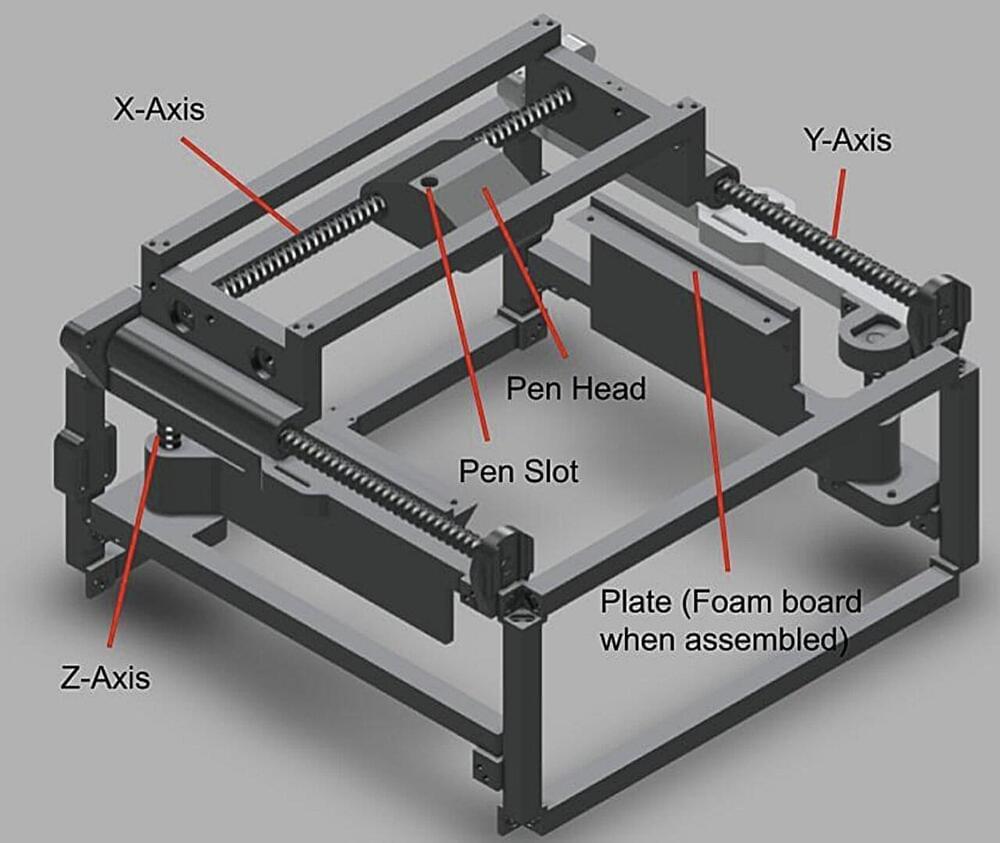Go to: https://brilliant.org/arvinash — you can sign up for free! And the first 200 people will get 20% off their annual membership. Enjoy!
Two new recently published, peer-reviewed scientific papers show that real warp drive designs based on real physics may be possible. They are realistic and physical, which had not been the case in the past. In a paper published in 1994, Mexican physicist Miguel Alcubierre showed theoretically that an FTL warp drive could work within the laws of physics. But it would require huge amounts of negative mass or energy. Such a thing is not known to exist.
0:00 Problem with C
2:21 General Relativity.
3:15 Alcubierre warp.
4:40 Bobrick & Martire solution.
7:15 Types of warp drives.
8:42 Spherical Warp drive.
11:32 FTL using Positive Energy.
13:14 Next steps.
14:08 Further education Brilliant.
In a recent paper published by Applied Physics, authors Alexey Bobrick and Gianni Martire, outline how a physically feasible warp drive could in principle, work, without the need for negative energy. I spoke to them. They had technical input on this video.
What Alcubierre did in his paper is figure out a shape that he believed spacetime needed to have in order for a ship to travel faster than light. Then he solved Einstein’s equation for general relativity to determine the matter and energy he would need to generate the desired curvature. It could only work with negative energy. This is mathematically consistent, but meaningless because negative mass is not known to exist. Negative mass is not the same as anti-matter. Antimatter has positive energy and mass.
Even if you could create the Alcubierre curvature, you still need to accelerate the ship to speed of light and beyond. But to go beyond C, you have to have superluminal matter, or infinite energy. This is not possible.
What Bobrick and Martire figured out is that there is more than one type of warp drive. We can get to Proxima Centauri in 10 months without going faster than light, by dilating time inside the ship. If a spaceship is constructed of a massive super dense material, close to the mass density of a neutron star, then any individuals inside this ship would experience significant time dilation. Passengers on such a ship could go to Proxima Centauri in about 9 earth years traveling at half the speed of light, but only about 10 months would have passed from their perspective. But a huge amount of mass would still be needed, on the order of about the mass of Jupiter or larger.


